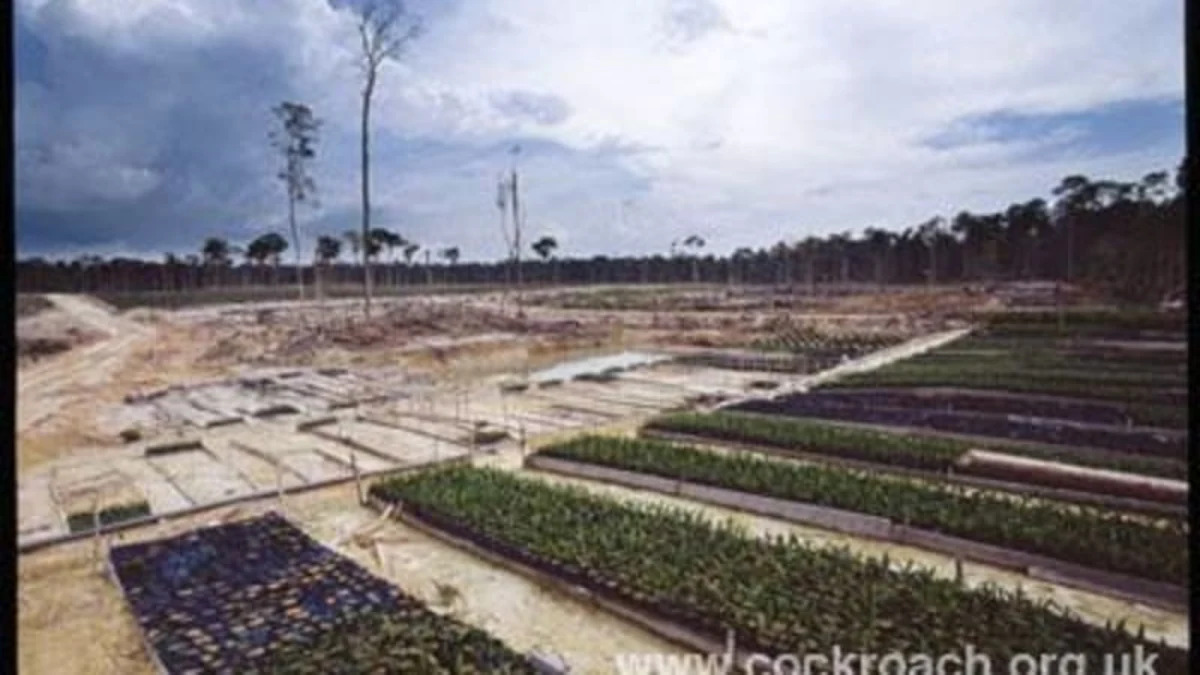CSIRO, the Commonwealth Scientific and Industrial Research Organisation, which is Australia's national science agency, released a report that speaks quite in favor of biodiesel but raises the alarm on the raw materials used for production. Something someone at OECD (although not OECD itself) said as well.
The report states that either pure biodiesel or a significant blend actually lowers greenhouse gas (GHG) emissions. The process is remarkably good when used oil is the source for making biodiesel. Locally grown canola and tallow are also efficient ways of obtaining fatty acids for biodiesel production (the latter when coming from waste).
Another story is palm oil, which is often produced in rainforest (or we should say former rainforest) areas. The report shows a very interesting graphic on how much oil palm-trees yield: at 10 years time after planting, production is maximum, but the crop is not sustainable until the trees have been in the ground for 50 years. This means that GHG gases that were produced to plant, fertilize and harvest are higher than any possible CO2 captured by the trees. What's even more, it's known that those crops are replacing rainforest mostly by fire.
Nevertheless, there's a reasonable spot for crops which are about 20 years old, which means that oil obtained from crops planted before 1990 could be acceptable.
[Source: CSIRO (Thanks to Nathan for the tip)]
The report states that either pure biodiesel or a significant blend actually lowers greenhouse gas (GHG) emissions. The process is remarkably good when used oil is the source for making biodiesel. Locally grown canola and tallow are also efficient ways of obtaining fatty acids for biodiesel production (the latter when coming from waste).
Another story is palm oil, which is often produced in rainforest (or we should say former rainforest) areas. The report shows a very interesting graphic on how much oil palm-trees yield: at 10 years time after planting, production is maximum, but the crop is not sustainable until the trees have been in the ground for 50 years. This means that GHG gases that were produced to plant, fertilize and harvest are higher than any possible CO2 captured by the trees. What's even more, it's known that those crops are replacing rainforest mostly by fire.
Nevertheless, there's a reasonable spot for crops which are about 20 years old, which means that oil obtained from crops planted before 1990 could be acceptable.
[Source: CSIRO (Thanks to Nathan for the tip)]


Sign in to post
Please sign in to leave a comment.
Continue